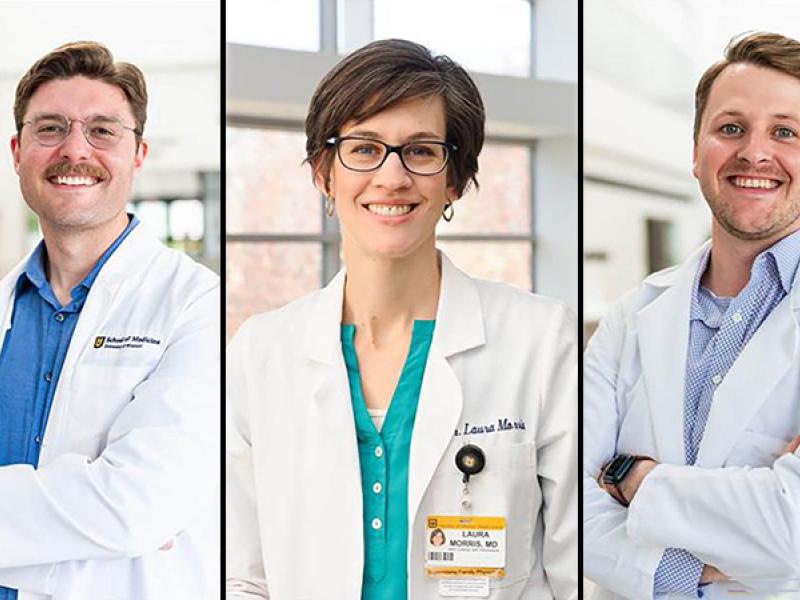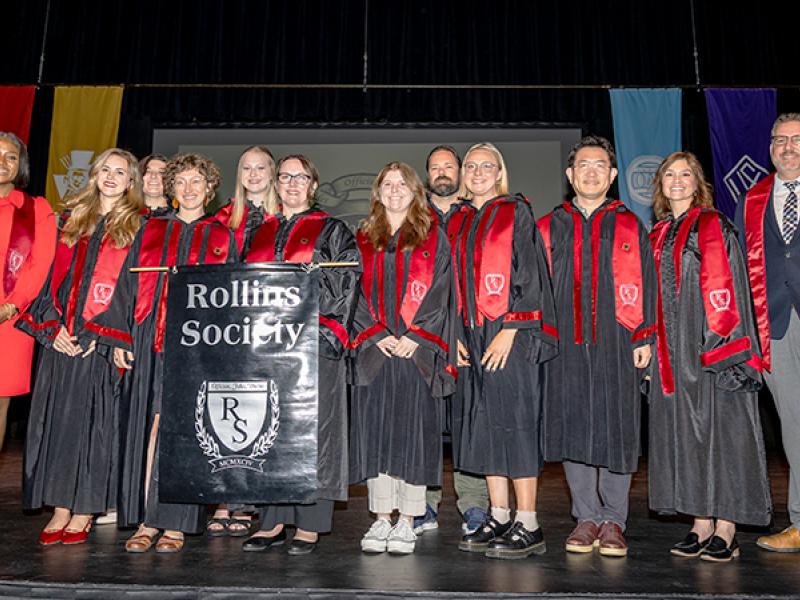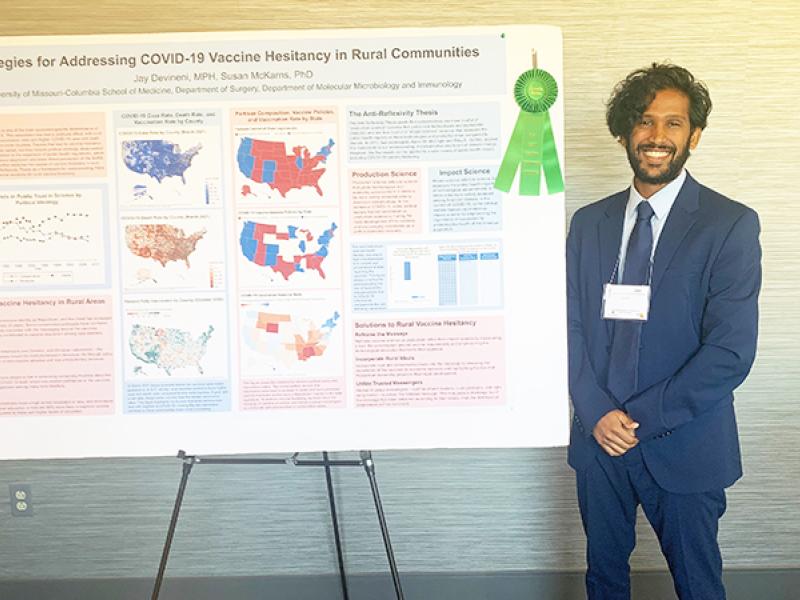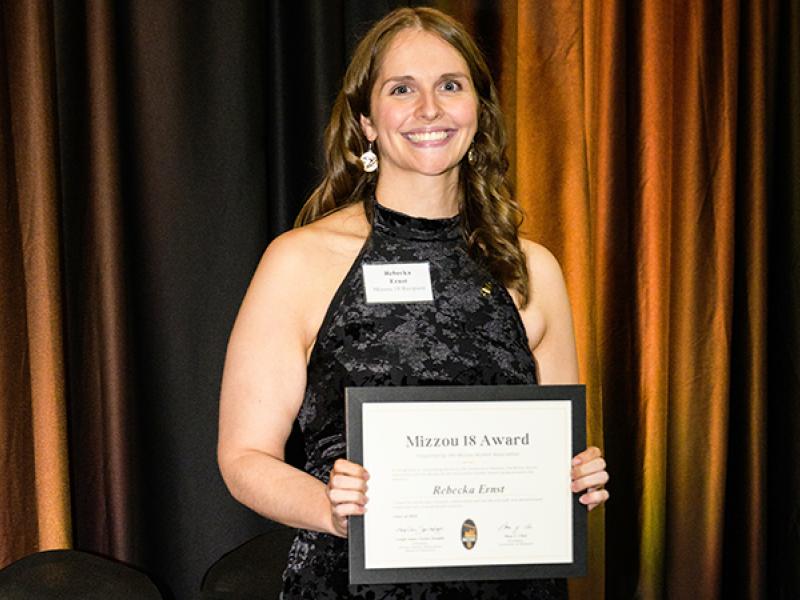
On a milestone day for the University of Missouri School of Medicine’s MD-PhD Program, Marcus Jackson, Jr. successfully defended his doctoral dissertation, marking the culmination of his PhD studies and solidifying his path as a future physician-scientist.
Jackson’s research, which sits at the intersection of neuroscience, bioinformatics and military medicine, represents a significant contribution to the understanding of traumatic brain injury and its long-term consequences.

His dissertation, titled “Blast-Induced Mild-Traumatic Brain Injury: Identifying Molecular Biosignatures Associated with Post-traumatic Deficits and Disease Progression,” developed a multimodal systems biology framework for understanding blast-induced brain dysfunction, focusing on how blast exposures—commonly experienced during military training and deployment—impact brain proteomes and alter neuropsychiatric functions.
By integrating human and mouse molecular datasets into eXplainable artificial intelligence (AI) algorithms, Jackson’s work aims to uncover the multifactorial disease processes driving chronic post-traumatic symptoms and neurodegenerative disease progression. Ultimately, the goal is to mitigate long-term health risks for military personnel through early detection of molecular biosignatures or by targeting key proteins in affected brain subnetworks.
“I’m incredibly grateful to Zezong Gu, MD, PhD, for his guidance, encouragement and scientific insight,” said Jackson. “His mentorship has been instrumental in shaping both my research direction and my growth as a physician-scientist. I couldn’t have asked for a better advisor throughout this journey.”
Dr. Gu, a professor of pathology and anatomical sciences, praised Jackson’s achievements and dedication to translational neuroscience.
“The School of Medicine Undergraduate Research Internship provides opportunities to recruit talented candidates. With its support, Marcus joined my lab as a summer intern in 2019,” said Dr. Gu. “Through the advanced educational platforms of the MD-PhD Program, Marcus completed his PhD training within three years. His key scientific contribution is the development of a framework that uses eXplainable AI-assisted systems biology approaches to integrate multidisciplinary datasets from clinical domains with disease cohorts and preclinical domain mechanistic investigation.”
“This framework includes the identification of key biosignatures within weighted subnetworks related to molecular events that drive post-traumatic endophenotypes, ultimately impacting disease progression. One of his publications was selected for the School of Medicine annual ‘Outstanding Medical Student Research Publication Award’ in the Basic Science category.”
With his dissertation now successfully defended, Jackson will return to the clinical phase of his training, completing his third and fourth years of medical school. He plans to pursue a residency in neurosurgery, aiming for a program that emphasizes innovation and research in brain trauma care.
“My goal is to continue blending research with clinical care,” Jackson added. “I hope to work in a program that fosters innovation and values the development of new therapeutic strategies for patients affected by neurological injuries. In the long term, I want to bridge the gap between academia and industry, translating scientific discoveries into real-world clinical applications that can improve lives.”
Jackson’s journey reflects the mission of the MD-PhD Program at MU—to train the next generation of physician-scientists capable of advancing science and medicine in tandem. His achievements are a testament to the power of mentorship, interdisciplinary research and a commitment to meaningful impact.





